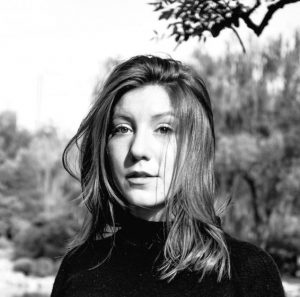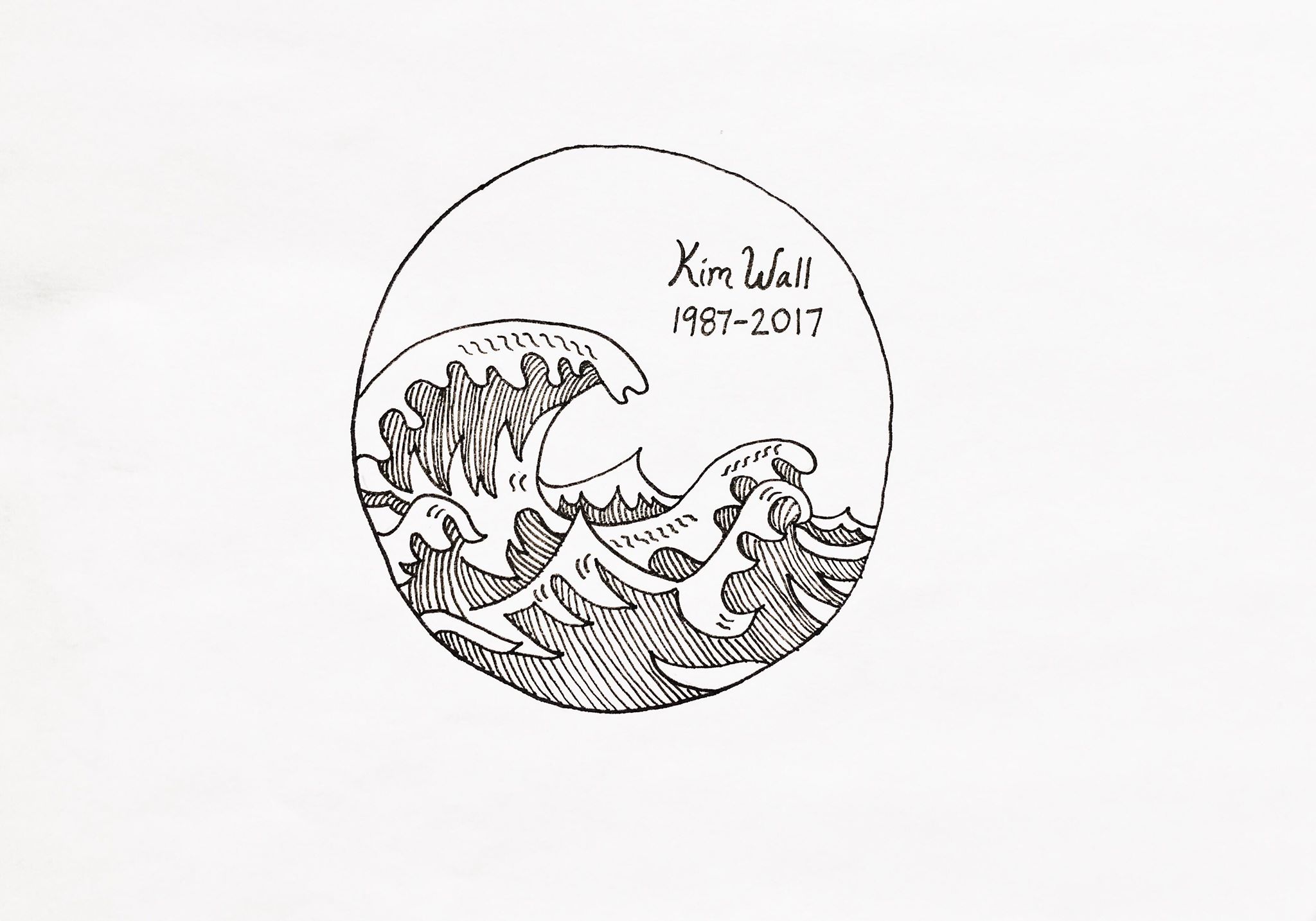Today would have been Swedish journalist Kim Wall’s 31st birthday.
Wall was killed on August 10th last year while working on an article about Danish inventor Peter Madsen. She disappeared after boarding Madsen’s small submarine, UC3 Nautilus. Madsen initially told Danish authorities that he had dropped Wall off earlier, but then changed his story saying that she died in an accident on his submarine and that he “buried her at sea”. Over a week after Madsen’s statement, Wall’s dismembered body parts were found on a bay near Copenhagen. Madsen then admitted to dismembering Wall’s body and has since been charged with murder, indecent handling of a corpse, and sexual assault.
Wall had many accomplishments in her short life. She graduated with honors from Columbia University, where she studied Journalism & International Affairs, and won many prizes, including the Hanzel Mieth Prize for Best Digital Reportage. Wall was known for her curiosity and willingness to pursue eccentric stories for publications such as the New York Times, The Guardian, and Vice Magazine. She covered a wide range of topics like feminism during guerrilla warfare in Sri Lanka; tourism in post-earthquake Haiti; culture without Internet in Cuba; and what it’s like for a westerner to visit North Korea. Wall explored overlooked corners of the world and her journalism gave voice to underrepresented individuals.
Considering Wall’s offbeat explorations, Denmark was not the most dangerous place where she had worked and a lot of female writers, including myself, would have most likely toured the submarine with Madsen for an article. Wall reported with limited funding and, as a female journalist often working alone and without support, she was more vulnerable to uncertain and unprotected situations. Nevertheless, she wrote on and refused to be limited by the fact that she was a woman and whatever implications that had on her safety.
What happened to Wall has caused devastating sadness, but it also demonstrates just how important the profession of journalism is. Journalists go above and beyond to provide the public with factual information and they serve as the ethical watchdogs of government and society. However, what was once held in such high regard is now the subject of intense, biting criticism: political bias, manipulation of facts, and the idea of “fake news” have taken a life of their own. Here in Sweden, we’ve never had such comprehensive access to news before, but the proportion of journalists is getting smaller and the money for journalism continues to decline. In 2007 there was 12 billion kronor for journalism; in 2014 there was only 8 billion kronor; and every third Swedish municipality lacks a daily newspaper.
The future of journalism has never looked so bright—or so dark. Events are happening at breakneck speed, presenting countless opportunities to report, analyze and help others make sense of all the “noise”. For those reading, I urge you to look deeper into the context of these developments and think about what they mean for you, me and future generations. Kim Wall’s passion and determination inspires and illustrates that it is up to us to make a difference, to explore, and to use our own minds to formulate our own opinions.
In honor of her spirit, Columbia University’s Journalism School has created a Kim Wall Scholarship Fund, for which it is accepting donations: https://journalism.columbia.

